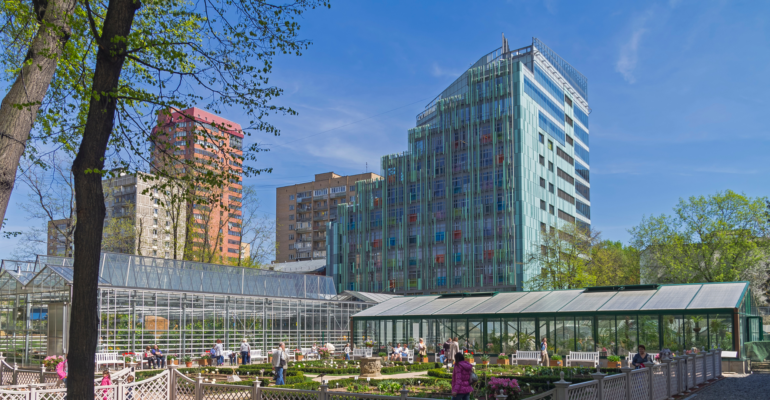Why local food production in cities, specifically through urban agriculture, plays a crucial role in enhancing the resilience of cities.
The 7th AVF Summit is having Food + Cities as one of the core contents for 2023. Urban agriculture plays a vital role in building the resilience of cities. Promoting food security, sustainable resource management, environmental benefits, community engagement, economic opportunities, and health and well-being, contributes to the overall sustainability, self-sufficiency, and adaptability of urban areas.
Here are some details of why it is important:
Food Security: Urban agriculture helps increase local food production, reducing cities’ dependence on external sources for food supply. This is particularly significant during times of crisis, such as natural disasters or disruptions in global food distribution chains. By cultivating crops within the city, urban agriculture ensures a more secure and accessible food supply for residents.
Sustainable Resource Management: Urban agriculture promotes efficient use of resources, such as water, land, and energy. By utilizing vacant lots, rooftops, vertical gardens, and hydroponic systems, cities can optimize space and reduce the need for transportation and storage of food. Additionally, techniques like composting organic waste and using renewable energy sources contribute to sustainable food production practices.
Environmental Benefits: Growing food within cities reduces the carbon footprint associated with long-distance transportation of produce. By reducing the distance food travels from farm to table, urban agriculture helps minimize greenhouse gas emissions, air pollution, and traffic congestion. Furthermore, urban green spaces contribute to improved air quality, urban cooling, and biodiversity conservation.
Community Engagement and Social Cohesion: Urban agriculture fosters community participation and engagement. It brings people together around a shared interest in food production, promoting social interactions and cooperation. Community gardens and urban farms often serve as spaces for education, skill-building, and cultural exchange, fostering social cohesion and a sense of ownership and pride within neighborhoods.
Economic Opportunities: Urban agriculture can generate local economic opportunities, such as small-scale farming enterprises, farmers’ markets, and local food businesses. By supporting local food systems, cities can boost job creation, entrepreneurship, and income generation. This localized economic activity contributes to the overall resilience and sustainability of urban communities.
Health and Well-being: Access to fresh, nutritious, and locally grown produce has significant health benefits for urban residents. Urban agriculture encourages healthier diets by providing affordable, fresh food options and reducing reliance on processed and packaged foods. Additionally, participating in gardening and farming activities promotes physical activity and mental well-being, contributing to healthier lifestyles.
Disaster Preparedness: Urban agriculture enhances a city’s capacity to respond to and recover from disasters. During emergencies, such as pandemics or extreme weather events, urban farms, and community gardens can serve as resilient food production hubs. They provide a decentralized and localized food source, helping alleviate food shortages and ensure food access for vulnerable populations.
Get your ticket NOW!




Comments are closed.